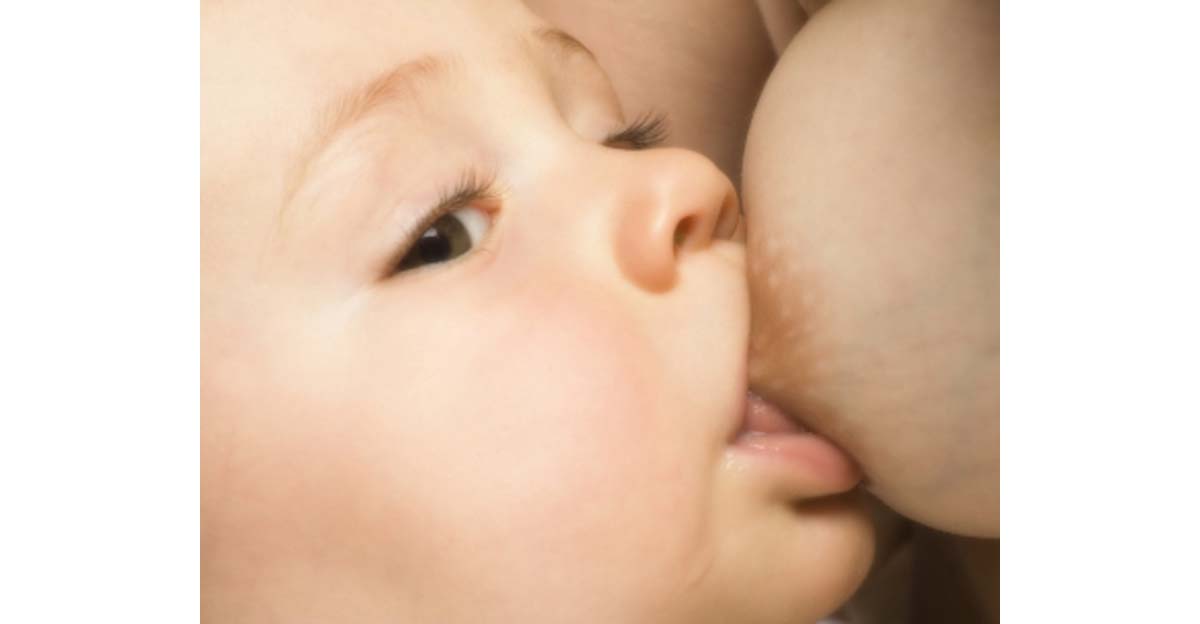Table of Contents
All of these herbs are or have been used as foods and they all stimulate milk production or quality. Quality-especially the antibodies, vitamins, minerals and fats in your breast milk are vitally important to a baby’s development of his immune system.
Herbs for Mom and Baby
- Pimpinella Anisum (Anise)—for colicky baby. Add some anise to a calming chamomile tea for yourself and your baby will get soothed as well.
- Anethum graveolens (dill weed)—for colicky and gassy baby. Dill weed can be added to salads and soups. You can add dill to a tea as well.
-
Foeniculum vulgare (fennel). For colicky and gassy baby. Fennel seeds can be chewed The fennel seeds also help soothe mom’s stomach and help freshen breath! Fennel seeds are often given out at Indian restaurants because of their carminative effect—a carminative calms upset stomachs and reduces the amount of gas produced.

- Fenugreek (trigonella graceum foecus) Important--- don’t use this herb during pregnancy as it can increase uterine contractions. Immediately after delivery, it has been used by midwives for centuries to both get the uterus to contract. You would only need to use it for a few days after delivery. It is also used as a galactagogue, to help with lactation.
- Urtica dioica (nettles) is great as a nutritive as well as a calming herb. New moms have a pretty high level of stress and being able to stay calm can be very important. Avena (oats) also has this effect. Another Nervine that is helpful is chamomile (Matricaria recutita)
- Cimicifuga racemosa (Black cohosh)—after delivery, black cohosh helps with the milk let-down reflex. This is important as the first few days of breastfeeding can be the most problematic.
- Carum carvi (Caraway)— can help a colicky baby calm down and sleep better.
- Avena sativa (oats)—Oats are a great nutritive, acts as a galactagogue, can lower cholesterol and is also useful as a calming Nervine. Have an oatmeal breakfast, and both mom and baby will be better nourished and relaxed.
Herbs to avoid while breastfeeding
Remember, anything YOU eat can potentially get into your breast milk. Most herbs and foods won’t harm your baby, but they could very well give some unpleasant side effects—diarrhea, gas, colic or irritability. If your baby seems to react to something in your food, make sure you give it up for awhile. Also, the following herbs should not be used if you are breast feeding.
- Aloe (Aloe vera, A. ferox, A. perryi)
- Bladderwrack (Fucus vesiculosus)
- Borage (Borago officinalis)
- Bugleweed (Lycopus virginicus)
- Cascara sagrada (Rhamnus purshiana)
- Chinese rhubarb (Rheum palmatum)
- Coltsfoot (Tussilago farfara)
- Comfrey (Symphytum officinale)
- Elecampane (Inula helenium)
- Ephedra, ma huang (Ephedra sinica)
- Joe Pye (Eupatorium purpureum)
- Licorice (Glycyrrhiza glabra)
- Purging buckthorn (Rhamnus catharticus)
- Senna (Senna alexandrina)
- Stillingia (Stillingia sylvatica)
- Wormwood (Artemisia absinthium)
- McGuffin, M (ed) Botanical Safety Handbook, American Herbal Prod. Assoc., Silver Spring, MD, USA, 1997
- Herbs and Breastfeeding. Ruth A. Laurence, M. D. Professor of Pediatrics, Obstetrics & Gynecology University of Rochester School of Medicine & Dentistry
- Foster S, Tyler VE. Tyler's Honest Herbal: A sensible guide to the Use of Herbs and Related Remedies (4th edition). Haworth Press, Inc., New York, 1999
- Reader's Digest. Magic and Medicine of Plants. The Readers Digest Association Inc., 1996.
- Photo courtesy of Aaron Stidwell by Flickr : www.flickr.com/photos/rankingfuuta/5916091426/


